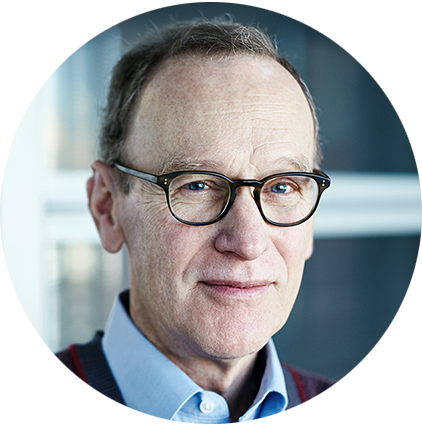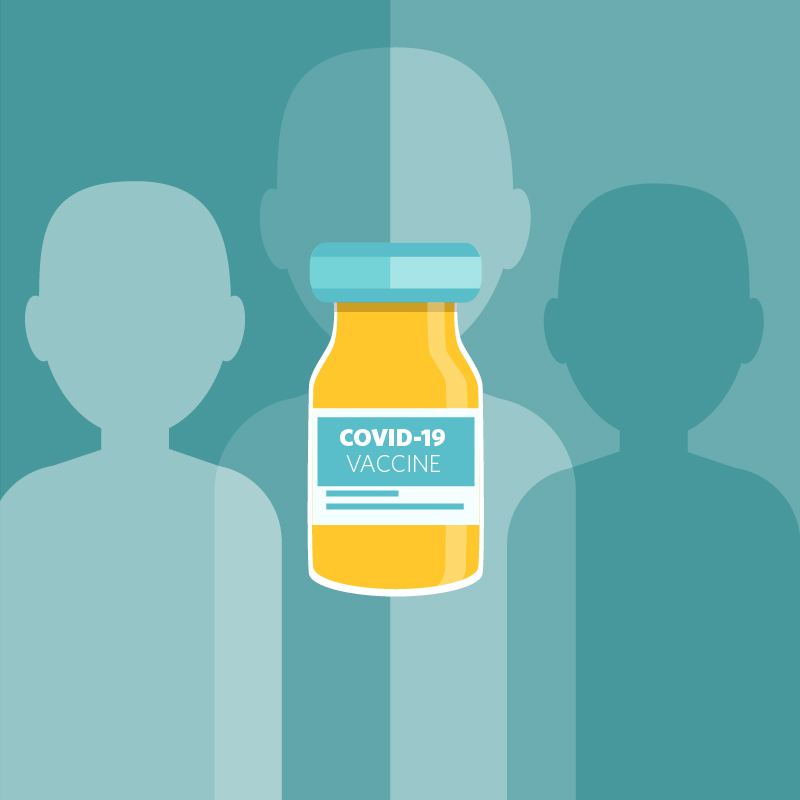
In 2021 all Missourians are participating, one way or another, in a life-and-death undertaking to bring the pandemic under control by reaching herd immunity as soon as possible. How quickly we reach that goal depends on how well public agencies, nonprofit health care organizations, and private entities can come together to effectively distribute and administer vaccines, and the extent to which Missourians choose to get vaccinated for COVID-19. The challenges to supplying and administering the vaccine into millions of individual arms across the nation are well documented. I’d like to explore the factors that influence Missourians’ choices to get the vaccine.
Let me begin by telling you my view: I encourage everyone to get vaccinated, including my family. I look forward to getting vaccinated when I am eligible. Several members of my family who are involved in patient care have gotten both doses of the vaccine and have had no ill effects, but I appreciate that everyone comes to the decision about getting the vaccine by exercising their freedom of choice, much of which is based on their lived experiences. These differences matter.
Each of us has different health circumstances, risk factors, and experiences with the health care system. The information overload that bombards Missourians every day – some of it incorrect and even intentionally misleading – can make reaching a decision hard. There are legitimate questions about the vaccine, many of which we don’t know the answers to, that will need more time, planning, and analysis before we can have greater certainty. How quickly will the vaccines be available to the groups as the various tiers are rolled out? When will new vaccines be approved? How long will vaccines be effective for most people? Then, there are questions about the supply. Are we going to run out of vaccine before I can get it? Where do I go to get vaccinated? Will my entire household be able to get vaccinated when my time comes? Why is Missouri doing so poorly at vaccine distribution?
A forthright acknowledgement that the processes of producing, distributing, and administering the vaccine are changing will begin to establish public understanding and acceptance. Officials need to reinforce that the science itself is ongoing and as more is learned and understood, that information will be shared transparently. As we know with science, we don’t have all the answers right away, and that’s okay. There’s no need to fill in gaps with misinformation or answers that are not accurate. A simple, “We don’t know,” sets expectations, and above all, it’s factual. This approach is essential to building trust between those involved in the work and the Missourians who will be making the decision to get vaccinated.
This period of vaccine distribution can present various opportunities, and as a state, we should be thinking about how our approach to this process will best benefit the people. First, Missourians need clear, honest information if we are to make the best choice for our families. It will be especially challenging for officials to build trust with people and communities that have experienced a history of neglect, deception, lies, and mistreatment. This includes rural residents who have been underserved as they’ve seen hospitals close and in-patient care access decline; as well as the Black community with memories of the Tuskegee Study of untreated syphilis in Black men, the Henrietta Lacks wrongdoings, and stark racial health inequities that persist into the present day, as reflected in COVID-19’s impact. In brief, we need to acknowledge how the histories and experiences of all Missouri communities will shape decisions about the vaccine and work to build trust so that our state is successful in taking care of its residents.
As we work collectively toward herd immunity, the experiences of the early vaccine recipients will reassure those seeking additional insights into how the vaccine is working. It’s not uncommon for people to be moved to action based on the experiences of others in their circles, those close to them. Social networks in communities establish and spread shared perspectives, so the voices of trusted leaders and early adopters play an important role in helping others overcome hesitancy and understanding the progress being made. As communities learn from experience, they will reinforce the benefits for others. Early results of our own vaccine research on attitudes and perceptions of Missourians underscore that people want to hear from their own.
There are many personal reasons to get vaccinated – protection from COVID-19, getting back to “normal,” being able to hug family members. But getting vaccinated isn’t just about protecting yourself, it is about protecting those around you. Reaching herd immunity requires that the vast majority of us get vaccinated (or rely on protection by becoming infected, risking suffering and death) to protect society as a whole. It is my hope that we can mobilize in good faith to make real progress quickly, and thereby lay the foundation for more positive, broad-based advances in our collective well-being in the future.


